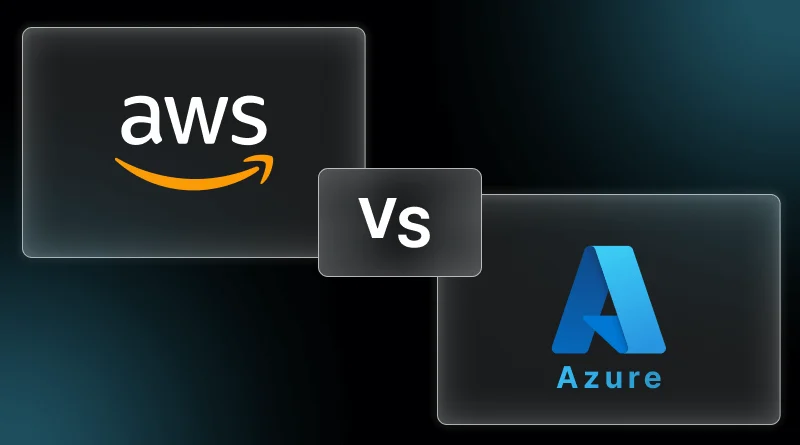The gaming industry is a relentless arena of innovation, where player experience, scalability, and cost-efficiency are paramount. Whether you’re an indie developer with a revolutionary idea or a large studio launching the next global phenomenon, AWS offers a comprehensive suite of services specifically tailored to meet the unique demands of game development and deployment.
Why AWS for Game Development and Deployment?
AWS isn’t just about hosting websites; it’s a deep and broad ecosystem that game developers can leverage at every stage of the game lifecycle:
- Global Reach and Low Latency: Games demand speed. AWS’s global infrastructure, with Regions, Availability Zones, and Local Zones spanning the world, allows you to deploy your game servers closer to your players, drastically reducing latency and ensuring a smooth, responsive experience for everyone, everywhere.
- Scalability to Handle the Hype: Launch day surges, viral moments, and seasonal events can create massive, unpredictable spikes in player traffic. AWS provides elastic compute solutions that can automatically scale your game servers up (and down) on demand, so your game remains available and performant, no matter how many players jump in. No more worrying about servers crashing under pressure!
- Purpose-Built Game Services: AWS offers specialized services that understand the unique needs of game developers:
- Amazon GameLift: This fully managed service is a game-changer for session-based multiplayer games. GameLift simplifies the deployment, operation, and scaling of dedicated game servers. It includes features like intelligent matchmaking (FlexMatch), flexible server fleet management, and real-time server management, allowing you to focus on gameplay, not infrastructure.
- GameLift Realtime Servers: For simpler or lighter-weight multiplayer experiences, this managed solution provides quick deployment of game servers written in JavaScript, handling the core server logic.
- Robust Backend Infrastructure: Beyond game servers, every modern game needs a reliable backend. AWS provides all the building blocks:
- Databases: Amazon DynamoDB (NoSQL) for high-performance player data, leaderboards, and real-time game state; Amazon Aurora (relational) for player profiles and more structured data.
- Storage: Amazon S3 for static game assets, patches, and user-generated content.
- Messaging: Amazon SQS for asynchronous communication between game components, and Amazon SNS for notifications.
- APIs: Amazon API Gateway to create secure and scalable APIs for game clients to interact with your backend services.
- Accelerated Development and Operations:
- Virtual Workstations: Host powerful virtual workstations on EC2, allowing your artists and developers to access high-performance environments from anywhere, facilitating remote collaboration.
- Build and Render Pipelines: Leverage services like AWS CodeBuild, CodePipeline, and EC2 Spot Instances to automate and accelerate your game build processes and content rendering, reducing iteration times.
- AI/ML Integration: Use services like Amazon SageMaker for in-game AI (NPC behavior, content generation) or to analyze player data for personalization and insights.
- Monitoring and Analytics: Amazon CloudWatch and AWS X-Ray provide deep visibility into your game’s performance and player behavior, allowing you to identify bottlenecks and optimize experiences.
- Cost Optimization: With the pay-as-you-go model, you only pay for the resources you consume. Furthermore, services like Amazon GameLift’s intelligent auto-scaling, combined with the ability to use EC2 Spot Instances for flexible workloads, can significantly lower your cost per player.
From Concept to Global Launch:
AWS provides a comprehensive platform that supports game developers at every stage. From cloud game development environments and content creation pipelines to robust backend infrastructure, seamless multiplayer experiences, and deep player analytics, AWS empowers studios to build, run, and grow innovative and engaging games that captivate global audiences. Don’t just build a game; build a thriving gaming ecosystem with AWS.

Leave a Comment